By Jon Diamond
In the Grand Alliance volume of Winston S. Churchill’s memoirs of the Second World War, the British prime minister lambasted his new ally, Josef Stalin, after Operation Barbarossa, the German invasion of the Soviet Union, began on June 22, 1941.
“We must now lay bare the error and vanity of cold-blooded calculation of the Soviet Government and enormous Communist machine, and their amazing ignorance about where they stood themselves,” Churchill wrote. “They had shown a total indifference to the fate of the Western Powers … War is mainly a catalogue of blunders, but it may be doubted whether any mistake in history has equaled that of Stalin and the Communist chiefs … But so far as strategy, policy, foresight, competence are arbiters, Stalin and his commissars showed themselves at this moment the most completely outwitted bunglers of the Second World War.” Privately, Churchill later described Stalin and his Kremlin minions as “simpletons.”
Churchill was always highly critical of the Bolsheviks. In fact, contemporaneous with the Versailles Peace Conference in June 1919, Churchill, then Secretary of State for War and Air in Prime Minister Lloyd George’s coalition government, was trying desperately to convince his fellow Cabinet ministers to allow General Edmund Ironside’s strongly reinforced troops in north Russia to take the offensive against the Bolsheviks. Outspoken against Lenin since he first assumed the War Minister’s post six months previously, Churchill was unshaken in his belief that the Bolshevik regime had betrayed the Allies by making a separate peace with Kaiser Wilhelm II at Brest-Litovsk in March 1918.
Ever the politician, Churchill suffered some publicly borne consequences in regard to his hawkish stance against the Soviet government immediately after World War I. First, it created friction within his own Liberal Party. Secondly, the Liberal Prime Minister, Lloyd George, running a coalition postwar government, was exasperated by his war minister, who was now clamoring for more combat after the four-year cataclysm that had just ended. Finally, his war-weary constituency sorely wanted peace after the carnage and bloodbath had ceased in November 1918. All in all, Churchill’s hatred for the Leninist regime would haunt him and contribute to his political isolation, “the wilderness years,” for the next two decades.
As for the Soviet leadership, it is hard to imagine how they would be able to forgive Churchill, who was supporting the White Russians with British weapons, advisers, and specialty troops, thereby enabling them to advance on Moscow and to be poised to capture Tsaritsyn (later Stalingrad), as well as enforcing a naval blockade against the few ports available to the Soviets. Even though other countries had troops deployed in Russia to support the White Russians, it was Churchill who “‘most vehemently articulated anti-Bolshevik policy” and sustained the British and international coalition supporting the White Russians.
The Bolshevik leaders had no doubt about Churchill being the architect and inspiration behind the international invasion opposing their government. It was due to this belief, among other reasons, that Stalin’s display of gratitude at accepting Churchill’s instant offer of aid after the German invasion commenced in June 1941 was paltry.
Despite having one of the most extensive intelligence networks in the world at the time, Stalin was caught completely unawares by the start of Nazi Germany’s Operation Barbarossa on June 22, 1941. In fact, six days after the Nazi onslaught, Stalin stated to a small group of his associates, “Lenin left us a great legacy, but we, his heirs, have f——d it up.” This was Stalin’s closest attempt to claim responsibility for his military’s unpreparedness. This inexplicable lapse in Stalin’s cunning and paranoid personality was coupled with his own self-imposed losses in Red Army officers as a result of his almost ceaseless purges during the 1930s. Approximately 35,000 officers, disproportionately from the higher ranks, were expelled from the army or arrested with only a small fraction being reinstated after careful “investigation.”
In sharp contrast, Churchill had an almost Cassandra-like ability to accurately predict his enemy’s (i.e., Hitler’s) next move throughout the decade of appeasement during the 1930s. In fact, British Intelligence had warned of Hitler’s imminent invasion weeks before it occurred, and Churchill had echoed these predictions even earlier to Stalin, via Sir Stafford Cripps, British ambassador to Moscow, on April 3, 1941. Stalin remained a disbeliever about the veracity of Churchill’s message, which was the only message before the German attack that the British Prime Minister had sent to Stalin directly.
Churchill was dismayed that his warning was largely ignored and felt that Stalin had lost a large portion of his air force on the ground as a result of his incredulity. Churchill noted that the Chiefs of Staff warned on May 31, 1941, “We have firm indications that the Germans are now concentrating large army and air forces against Russia. Under this threat they will probably demand concessions most injurious to them. If the Russians refuse, the Germans will march.” On June 12, the Joint Intelligence Committee reported, “Fresh evidence is now at hand that Hitler has made up his mind to have done with Soviet obstruction, and to attack.”
Why did Stalin doubt the intelligence about Hitler’s militaristic intentions from British channels? Prior to the Nazi invasion, Stalin was deeply concerned that Britain would search for a peace treaty with Hitler. This seemed especially likely after General Archibald Wavell’s failed Greek expedition in the early spring of 1941 and General Erwin Rommel’s incredible victories throughout Cyrenaica after the previous Italian defeat there.
It seems that Stafford Cripps alerted Stalin and his henchmen on April 18, 1941, about a scenario for such an impending truce negotiation: “It was not outside the bounds of possibility, if the war were protracted for a long period that there might be a temptation for Great Britain to come to some arrangement to end the war on the sort of basis which has recently been suggested in certain German quarters.”
Such defeatist talk by Cripps was occurring contemporaneously with Churchill trying to coax Stalin to form a “Balkan front” against Hitler through a Soviet alliance with Yugoslavia and Greece. Thus, Cripps’ discussion with the Soviet leadership only heightened Stalin’s fears of another episode of “perfidious Albion.” In addition, when Churchill tried to again warn Stalin on April 21, 1941, of the probability of a German attack on the USSR, the Soviet leader’s paranoia only escalated, leading him to complain to his general staff, “Look at that, we are being threatened with the Germans, and the Germans with the Soviet Union, and they [the British] are playing us off against one another. It is a subtle political game.”
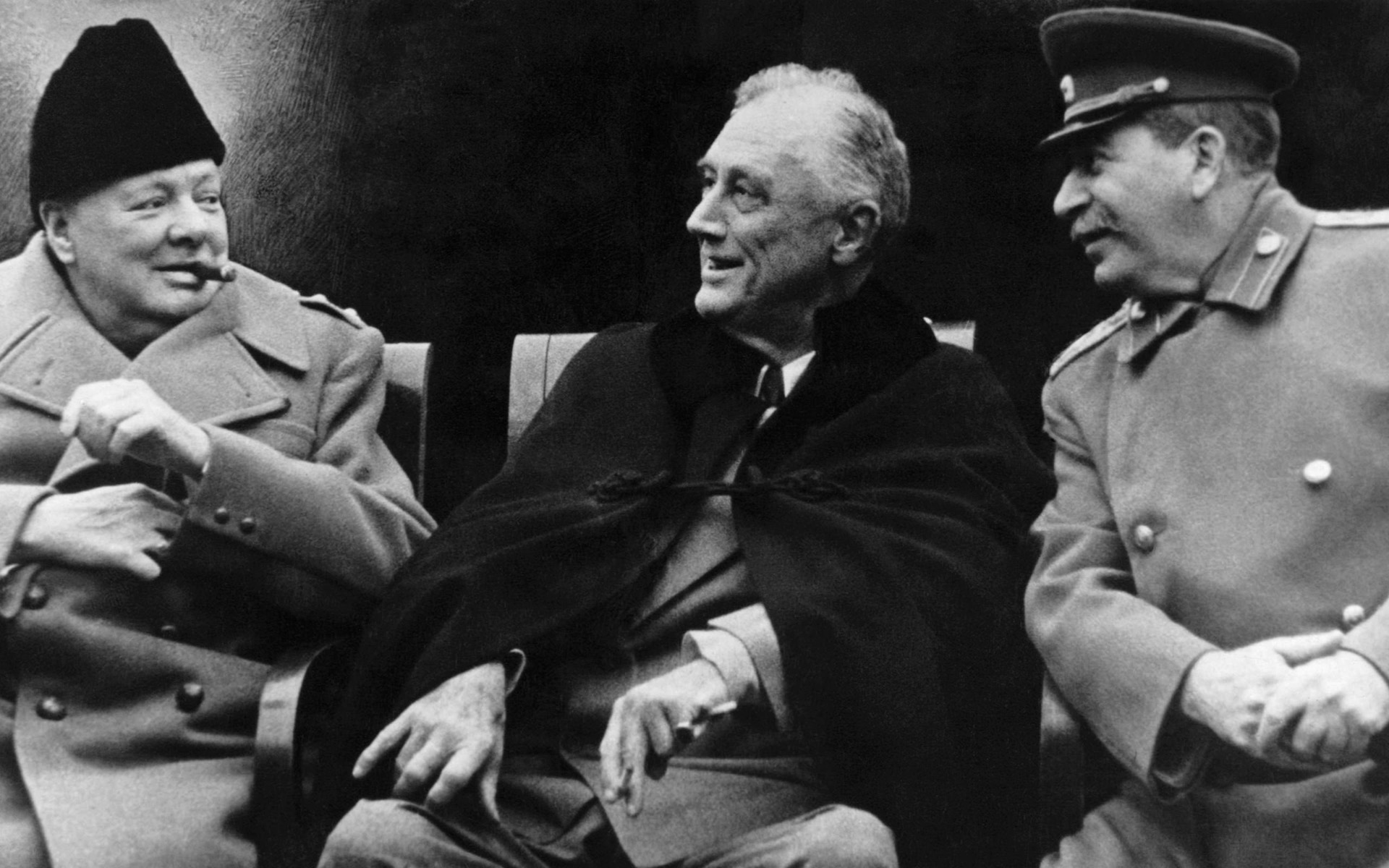
Stalin concluded that Churchill was only attempting to lure the Soviets into a war with Germany. It is no wonder that based on this level of mistrust Stalin ignored Churchill’s warnings and also harbored a deep-seated paranoia toward the British Prime Minister after Operation Barbarossa commenced. As late as June 14, 1941, the Soviet news agency, Tass, denounced the British for spreading rumors of an imminent outbreak of hostilities between the Russians and Germany. However, Sir Alexander Cadogan, the Permanent Undersecretary at the Foreign Office, passed on precise and detailed evidence of the likely invasion threat to Ivan Maisky, the Soviet Ambassador in London, the latter relaying these reports to Moscow.
Unlike Churchill, who assumed the mantle of leadership with vigor and defiance during the dark days of the Norwegian and French evacuations as well as during the subsequent Battle of Britain, Stalin was in a state of shock after the Nazi juggernaut got underway. During the first several days of Hitler’s offensive, Stalin left the government and military without clear central direction as he sunk into a brief depression. The Soviet leader knew that he had committed an enormous diplomatic miscalculation. He now knew that he had misread Hitler and that this mental mistake was his own fault. This was a time when Churchill was making his first overtures toward alliance with the Soviet dictator, who actually feared a revolt by his own commissars during the initial days of the German invasion.
When the first British diplomats began arriving in Moscow, they found in Stalin “an irritable despot under intense strain.” With the passage of a few months; however, he was characterized by both American and British leaders as “brilliant of mind, quick of thought and repartee, ruthless, a great leader.” The British Chief of the Imperial General Staff (CIGS), General Alan Brooke, found in Stalin “a military brain of the highest calibre.” Thus, Churchill was to acquire quite an adversary for an ally.
As soon as the German attack commenced, with “many hundreds of Russian planes … caught at daybreak and destroyed before they could get into the air,” Churchill wryly wrote, “The wicked are not always clever, nor are dictators always right.” For Churchill, the ideological differences with Stalin could be temporarily ignored as the practicality of an alliance became manifestly necessary for Britain to survive. From an opportunistic standpoint, Britain had everything to benefit, and almost nothing to lose, from an alliance with Stalin. After all, Churchill had proclaimed in his June 22, 1941, speech that the invasion of Russia “is no more than a prelude to an attempted invasion of the British Isles.”
What made Churchill so willing to ally himself to the Soviet Union after Operation Barbarossa commenced? Churchill had disliked Bolshevism for almost three decades and resented how resources had been given by Stalin to Nazi Germany, thereby negating the Royal Navy’s attempt at blockade Hitler’s ports. The factors that convinced Churchill to quickly extend his arm in alliance to Stalin were centered on reality. Churchill had only been able to score hit-and-run commando raids coupled with successes against weaker opponents such as the Italians along the North African littoral and in East Africa, the Vichy French in Syria, and the Grand Mufti of Jerusalem and his Iraqi insurgents as offensive victories. His newly created Eighth Army had recently been evicted from Cyrenaica by Rommel’s Deutsches Afrika Korps (DAK), and small-scale counterattacks by Wavell in May and June 1941 during Operations Brevity and Battleaxe had failed to even to convincingly secure the Egyptian frontier from the Nazis. The entire Balkans had fallen with evacuations of British and Commonwealth forces from both the Greek expedition and the failed defense of Crete.
With the above-mentioned defeats and persistence of American Isolationism despite his best pleading with President Franklin D. Roosevelt, the German invasion of Russia offered Churchill an immediate ally, which might consume the German tide, minimize pressure on Wavell’s forces in the Middle East, and keep the Suez Canal and the Iraqi oil fields in Britain’s control. Some have argued that relief from a full-fledged Nazi pincer through North Africa and the Balkans was what hastened Churchill to offer his full support of the Russian people and Stalin’s regime. Secondly, with no major victories on the Continent in sight and now retreat in North Africa, it was questionable if Churchill could maintain his coalition in the House of Commons and keep the support of the British public.
With Hitler’s invasion of the Soviet Union, the Wehrmacht would now be confronted in a great clash of arms on the broad plains of western Russia. Churchill’s conundrum was whether an ardent anti-Bolshevik should leap to Stalin’s aid. The Prime Minister as a student of history knew that Operation Barbarossa would be to Hitler what the Russian invasion of 1812 was to Napoleon, a huge military blunder. Also, Churchill possessed a large degree of emotion and humanity in this decision, stating, “The Russian danger is our danger and the danger of the United States, just as the cause of any Russian fighting for his hearth and home is the cause of free men and free peoples in every quarter of the globe.”
Although capable of being Machiavellian, Churchill was making a sharp distinction between the Russian people and the Soviet regime. However, Stalin was not an individual inclined to be grateful, and this perpetually irked Churchill. John Colville, Churchill’s private secretary, spoke with the Prime Minister on the day of the Russian invasion and asked “whether for him, the arch anti-Communist, this was not bowing down to the House of Rimmon. Mr. Churchill replied, not at all. I have only one purpose, the destruction of Hitler, and my life is much simplified thereby. If Hitler invaded Hell I would make at least a favourable reference to the Devil in the House of Commons.”
In 1941, Britain was in no position to open a second front in Western Europe. Thus, Churchill resorted to a diplomatic ploy in which Britain would make no separate peace with Hitler. Stalin was still paranoid, among other reasons, about the nature of Rudolf Hess’s flight to Britain in May 1941. The other offer that Churchill placed on the table was a share in Britain’s own Lend-Lease aid. Stalin wanted a variety of Lend-Lease goods from Britain, which the United States was only just beginning to deliver to His Majesty’s Government. Churchill, who appreciated the shortfalls in his own country from both ill-preparedness and the frequent military defeats and evacuations, was compelled to comply with Stalin’s requests via a land route through Iran and an arduous and dangerous Arctic Sea voyage to Murmansk and Archangel south of the Barents Sea.
Stalin’s other demand, which was echoed by the newly awakened and increasingly vocal Communist Party in Great Britain, was for a “second front” against Germany to blunt the strength of attack against the Soviets.
Churchill, who was always game to conduct a military adventure, initially considered mounting such an operation; however, his more conservative and pragmatic military chiefs of the Imperial General Staff quickly dissuaded him from such an enterprise. Ultimately, Churchill had to settle for a limited bomber offensive, which in 1941 was incapable of disrupting Nazi industry, Hitler’s strategy, or the continued commitment of the German home front to the overall war effort.
Churchill committed himself to the support of Russia without thinking of the long-term consequences. The rationale for this decision was largely based on his total immersion in the short-term aim of defeating Hitler and partly because he did not expect any long-term consequences. Hitler, in one of his more memorable follies, had driven Stalin into Churchill’s arms. However, Stalin’s paranoia was fully evident as he believed that the British (and Americans) would not render any meaningful support to his regime until “they think we are out of breath and are ready for an armistice with Germany.”
Immediately after the Nazi invasion of the Soviet Union, Stalin’s ambassador to London, Ivan Maisky, met with Lord Beaverbrook to discuss the possibility of a second front. According to Maisky’s war memoirs published after the conflict, “Beaverbrook’s attempt to interest the Cabinet in the question of a Second Front was unsuccessful. Churchill, as I had supposed, was unfavorable to this idea. He was supported by a majority of the members of the Cabinet … It becomes quite clear that the motive of aid to the USSR played a second- or third-rate part in organizing the invasion of France in the summer of 1944. And throughout the three years during which the struggle for the Second Front lasted, its main opponent invariably proved to be Winston Churchill, the Prime Minister of Great Britain. That was how in practice his formula that the British would give to the USSR in this war ‘whatever help we can’ was deciphered.”
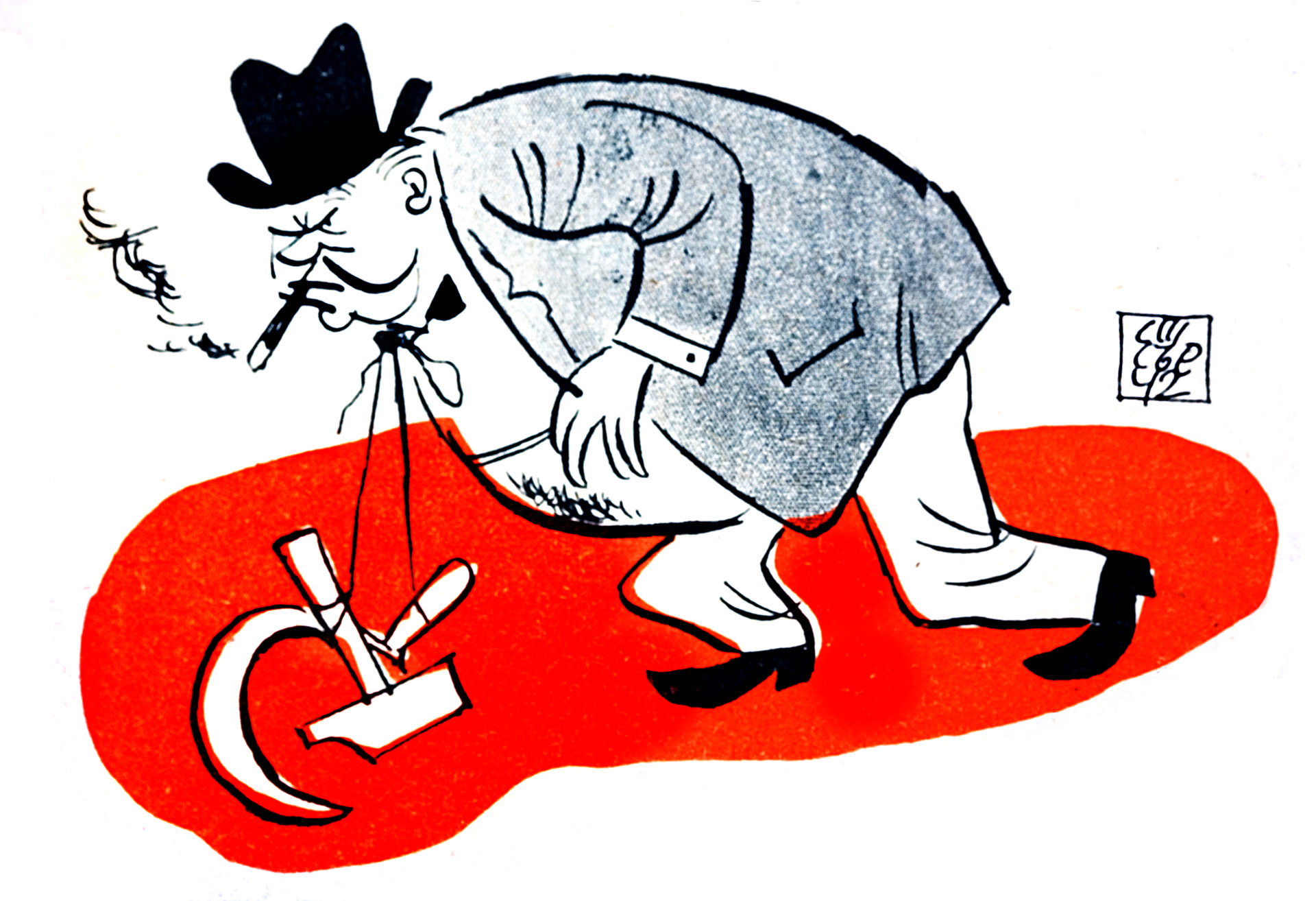
This harsh criticism of Churchill by Maisky coincided not only with the ongoing struggle of the Eighth Army against Rommel in North Africa, but also with the building up of the Japanese juggernaut in the Far East, which in a matter of a few months would vanquish British and Commonwealth forces in Hong Kong, Malaya, Singapore, and Burma. Britain would be reeling to the easternmost borders of India. Ceylon and shipping in the Indian Ocean would be bombed by Japanese naval carrier aircraft, and the hard-won victory in East Africa just months previously would appear to be in jeopardy. Churchill was candid when he informed the Russians that establishing a second front in northwest France or in the Arctic was just not feasible. The only problem was that no one in the Soviet hierarchy cared to believe him.
Stalin’s sense of reality was not entirely well-grounded in his rude demands for material aid from Britain only one week after the Nazi invasion commenced. His list included 3,000 fighter aircraft, 20,000 light antiaircraft guns, radar, and night-fighting equipment. While Churchill was willing to give Stalin some cloaked Ultra decrypts about German troop movements, Churchill’s private secretary, John Colville, noted, “Molotov will tell us nothing beyond what is in the official communiqués. Now, in their hour of need, the Soviet government—or at any rate Molotov—is as suspicious and uncooperative as when we were negotiating a treaty in the summer of 1939.”
On July 3, 1941, Stalin made his first radio address to the Russian people about the war with Germany. Yet, although Anglo-Soviet diplomatic activity was resumed in the beginning of July, Churchill, according to Maisky’s memoirs, was put out by the fact that Stalin did not in any way respond to his broadcast of 22 June, but still decided to take the first step toward establishing more friendly relations with the head of the Soviet state.
On July 7, 1941, Churchill sent Stalin a letter explaining that Britain’s help to the Soviet Union would take the form principally of air bombardment of Germany. Cripps personally handed Stalin this letter, and the Soviet leader stated that an Anglo-Soviet agreement should be reached stressing two points: mutual aid during the war and the obligation not to sign a separate peace with Germany. Stalin explicitly stated that he wanted a formal agreement with Britain to “allay his continuing suspicion that Churchill wanted to stand aside while Germany and Russia destroyed each other.”
Two days later, Churchill replied to Stalin, “I should like to assure you that we are wholly in favour of the agreed declaration of purpose.” An agreement for mutual military assistance was signed on July 12, 1941, by Molotov and Cripps. Both of the above-mentioned points were included.
Churchill was driven by one overwhelming motive; he needed Russia to continue fighting at least until winter weather set in, since a separate peace between Stalin and Hitler would enable the Nazis to turn their full attention back on Britain. In Churchill’s Anglo-Soviet agreement, the Prime Minister had to attend to American sentiments against any secret deals on European soil. Thus, a limited pact was presented to the House of Commons.
On July 18, Stalin brazenly demanded a British attack in northern France and the Arctic to be undertaken at once. Churchill responded to Maisky, who delivered the demand, that “unfortunately what he asks is at present impracticable.” Stalin was furious at Churchill’s refusal.
According to Maisky, Churchill began a detailed justification of his statement. In his words, the Germans had 40 divisions in France and a well-fortified coast along the Channel, in Belgium and in Holland. The forces of Britain, which had for more than a year been fighting alone, were under extreme strain and scattered far from the Home Isles. In addition, the Battle for the Atlantic was still raging, consuming a vast amount of British naval and air resources, let alone the losses in sinkings due to the U-boat menace. Churchill apologized that in the present circumstances Britain was incapable of doing more than air bombardment of Germany.
On July 30, Stalin received American envoy Harry Hopkins in Moscow. The report which Hopkins gave to Roosevelt after the visit made a deep impression on the president and had important consequences. On August 15, following their meeting in Newfoundland, Churchill and Roosevelt sent a joint message to Stalin: “We have taken the opportunity afforded by the report of Mr. Harry Hopkins on his return from Moscow to consult together as to how best our two countries can help your country.”
Both Churchill and Roosevelt went on to report that shiploads of supplies had been dispatched to the USSR and propose a high-level meeting take place in Moscow in the near future. Maisky admitted in his memoirs that “in addition to everything else, British Lend-Lease greatly facilitated our receipt of American Lend-Lease.” Churchill’s granting of Lend-Lease to the Soviets on September 5, 1941, was a significant precedent which enabled Roosevelt to extend the Lend-Lease Act to the USSR, since there were groups in America that strongly objected to aiding the Soviets without payment.
History has to accord Churchill praise that he was at least candid with Stalin about Britain’s inaction regarding a second front. He cabled Stalin on September 6, “Although we should shrink from no exertion, there is in fact no possibility of any British action in the west except air action, which would draw the German forces from the east before winter sets in. There is no chance whatever of a Second Front being formed in the Balkans without the help of Turkey.”
At least Churchill the historian was aware of Napoleon’s fate before Moscow in 1812 when the harsh Russian winter arrived; however, Stalin was still unmoved by Churchill’s response and stated to the Politburo, “What a revolting answer!”
Churchill did not have to wait long for nature’s intervention on the Eastern Front. On September 12, the first snows began to fall. Stalin was not just rude to Churchill in his official correspondence. At a meeting with an Anglo-American mission headed by Lord Beaverbrook and American diplomat Averell Harriman, the latter being Roosevelt’s personal Lend-Lease envoy to Britain, Stalin chided the pair, “The paucity of your offers clearly shows that you want to see the Soviet Union defeated.”
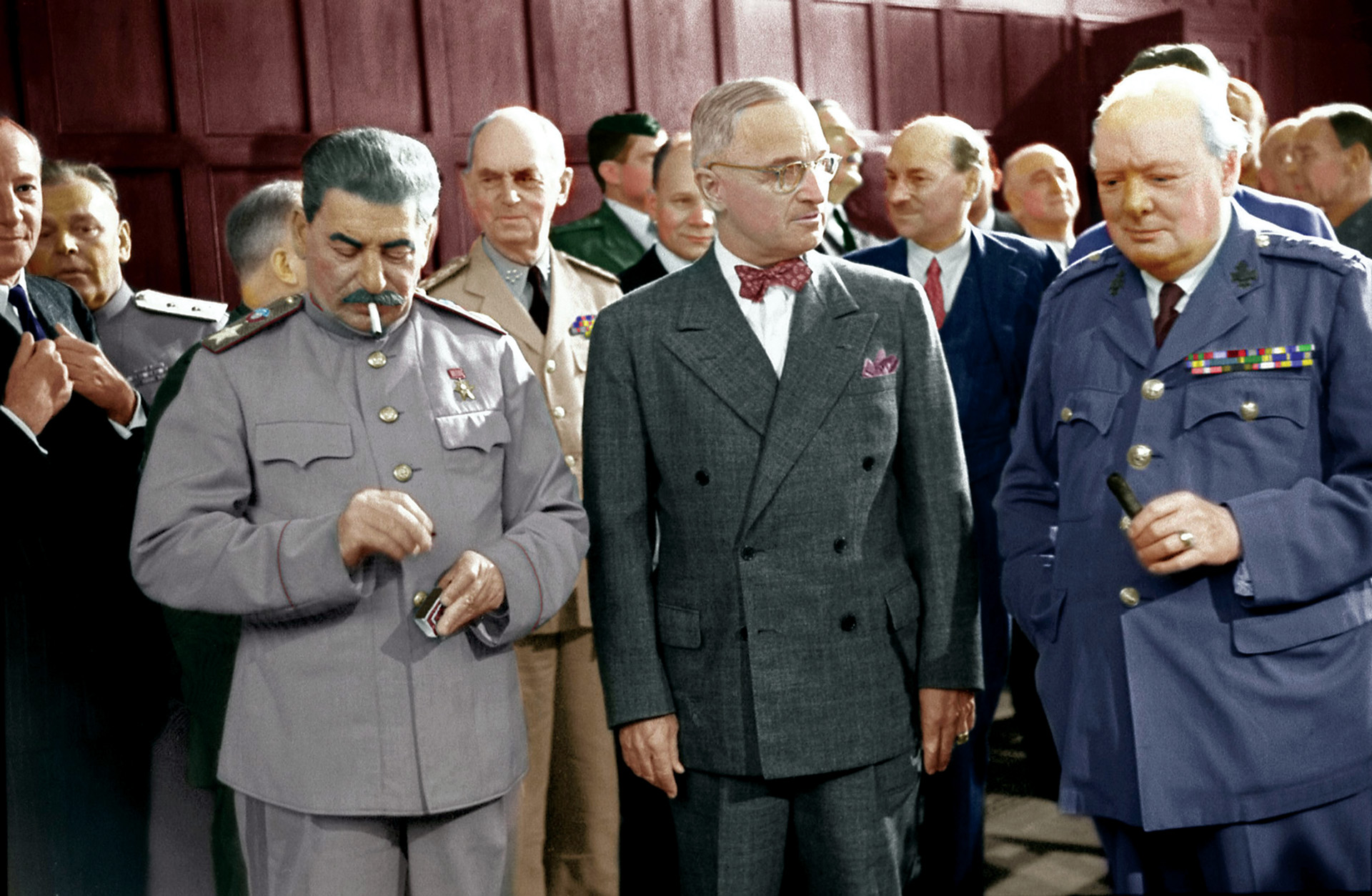
the Potsdam Conference held July-August 1945. At Potsdam issues concerning the map of post-World War II Europe and spheres of influence were
discussed. Churchill was voted out of office during the conference and replaced by Clement Attlee, while Truman had assumed the U.S. presidency after the death of Franklin D. Roosevelt.
Churchill, too, had suspicions about the motives of the United States. The Prime Minister was worried that Roosevelt and his main emissary, Hopkins, would preferentially shunt weapons to the Soviet Union at the expense of aid given to Great Britain. This thought was to plague Churchill throughout the war, particularly because the Prime Minister knew that during 1941, only one percent of Britain’s weapons were to come from Lend-Lease with the United States.
As the Nazi drive toward Moscow was underway in early October, Stalin demanded that Churchill send 25-30 British divisions to the Soviet Union. The Prime Minister sought the recommendations of his War Cabinet on October 27, and both concluded that Stalin’s request could not be met. On November 7, Stalin rifled off a cable to Churchill in which he harangued, “There is no definite understanding between our two countries concerning war aims and plans for the postwar organization of peace; secondly, there is no treaty between the USSR and Great Britain on mutual military aid in Europe against Hitler.”
Stalin did not mince words, since without a clarification of these issues, he asserted, “there will be no mutual trust.”
Soon, British Foreign Secretary Anthony Eden was invited to Moscow to help smooth the mutual distrust. There must have been some rapprochement, or perhaps the Russian winter slowing the Nazis on the Moscow front improved Stalin’s humor. He wished Churchill “hearty birthday greetings” on November 29.
In November 1941, Churchill’s hopes in North Africa resided in General Claude Auchinleck’s Operation Crusader to liberate Tobruk and eject Rommel from the Egyptian frontier. The operation achieved some of its immediate military goals but failed to change any political fortunes for Britain. The United States, despite Roosevelt’s leanings, remained neutral since only Congress had the constitutional power to declare war and that body was still very much Isolationist. However, Fate intervened on December 5, when temperatures fell to minus-32 degrees Fahrenheit outside Moscow. Stalin counterattacked the exhausted and unprepared Germans, forcing them to pull back.
There were some areas in which Churchill and Stalin actively cooperated. After the suppression of Rashid Ali’s pro-German revolt in Iraq in June 1941, there was a suspicion that a similar event might occur in Iran. Rashid Ali, the Grand Mufti of Jerusalem, and his supporters had fled to Iran when their insurrection was beaten back by Wavell and Auchinleck’s ad hoc forces. By the end of July, Churchill had decided that Britain and Russia could cooperate in securing Iran and her oil supplies for the Allied cause as well as creating an overland route of supply to the Soviet Union. On December 6, 1941, at Stalin’s request, Britain declared war on Finland, Hungary, and Romania, since troops from these three countries were actively combating the Soviets. A day later, the United States entered World War II with the Japanese attack at Pearl Harbor.
Historical revisionists have pondered just how much information Stalin actually received from the British in regard to a German invasion and, furthermore, what Churchill’s intent truly was in disseminating such intelligence. Even Maisky stated, “I had more than once already let Moscow know that an attack by Hitlerite Germany was close, almost around the corner.”
On June 21, Stafford Cripps met with Maisky in London and informed him, “We have reliable information that this attack will take place tomorrow 22 June … You know that Hitler always attacks on Sundays … I wanted to inform you of this.” Dutifully, Maisky sent yet another urgent message about this communication to Moscow. Yet, Stalin chose to ignore the warnings.
Such was the nature of the distrustful relationship between Churchill and Stalin, which was very soon to become an uneasy alliance after the German invasion.
Jon Diamond practices medicine and resides in Hershey, Pennsylvania. He is the author of several books for Osprey Publications and a frequent contributor to WWII History.
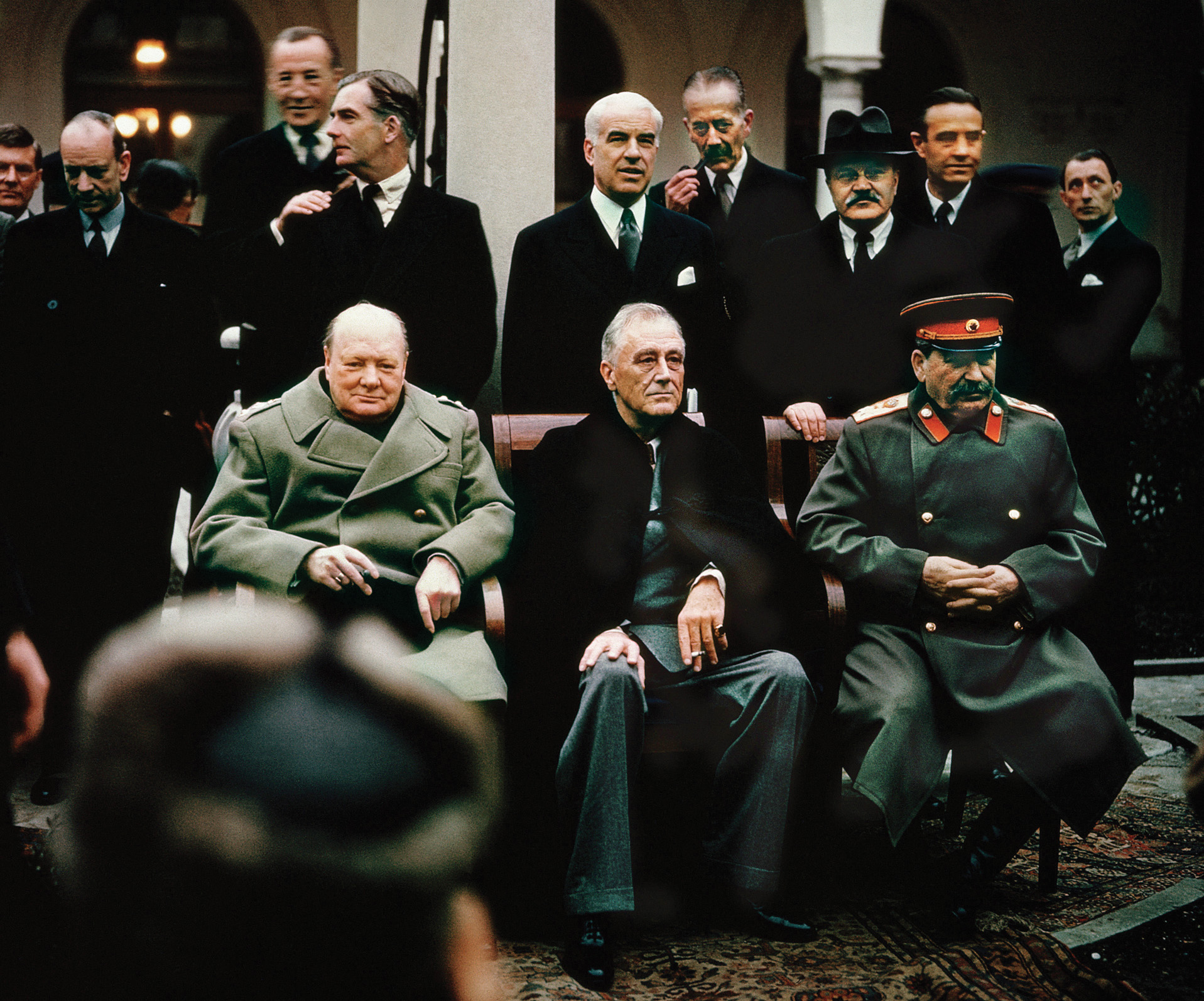
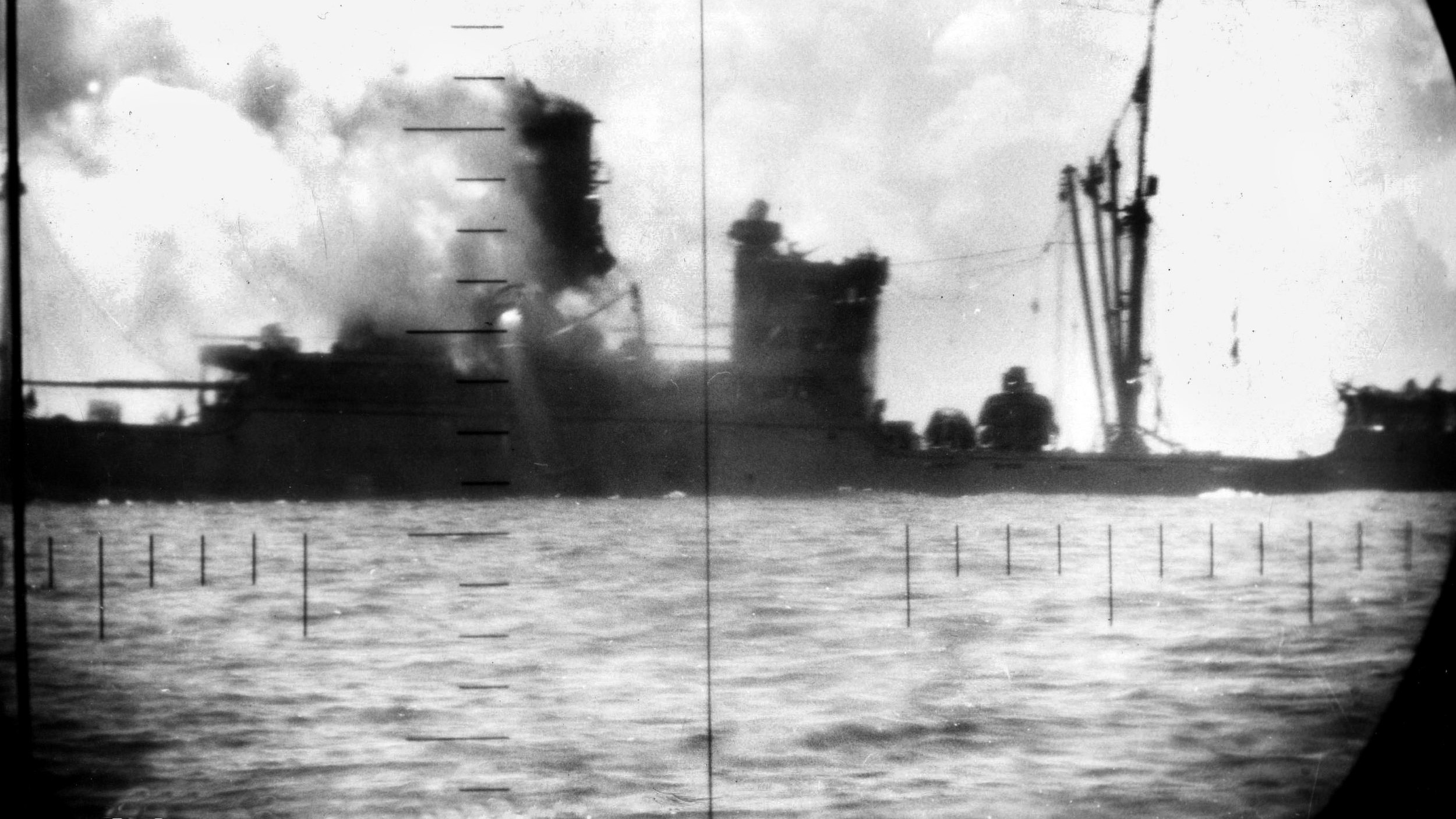
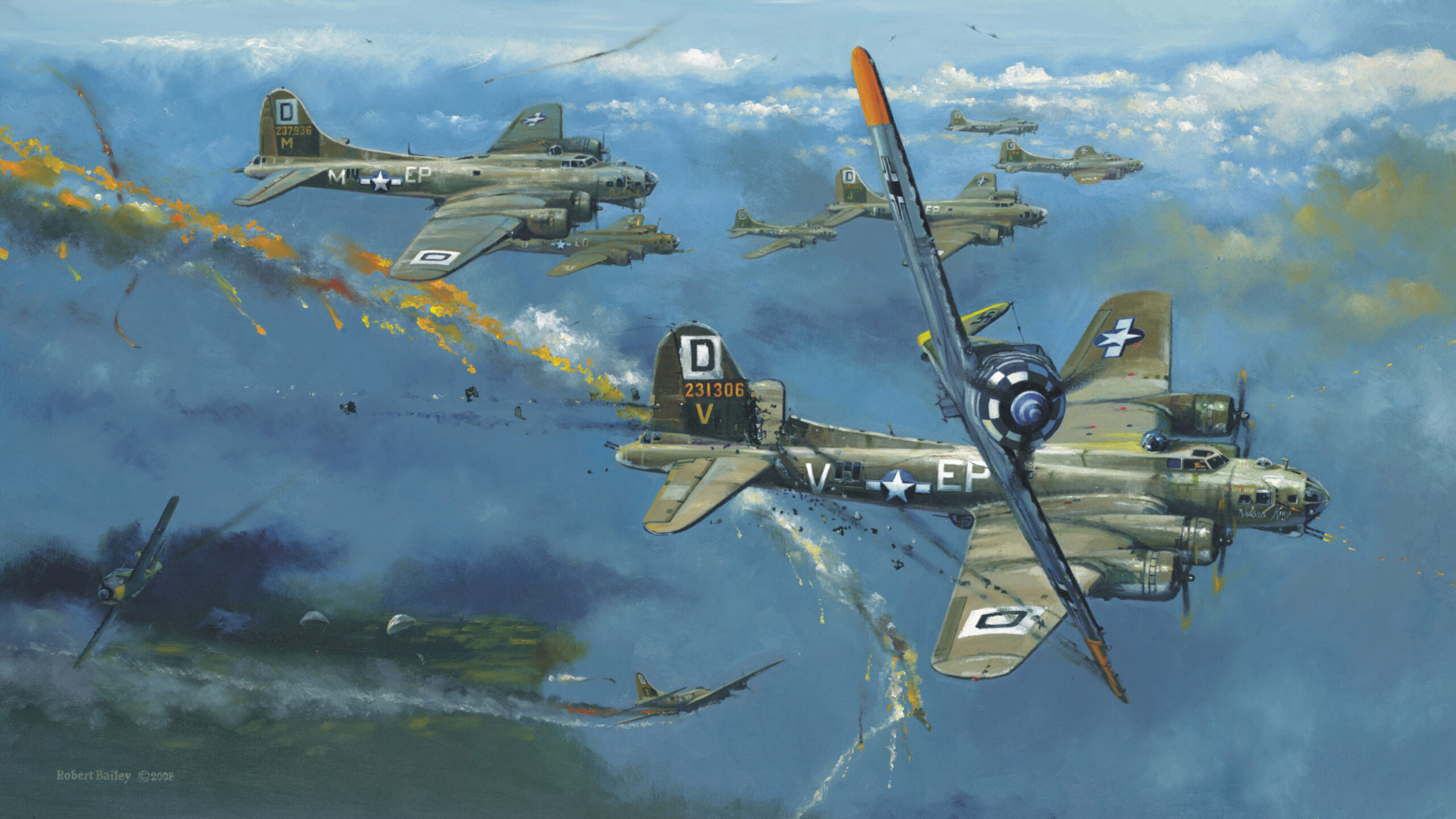

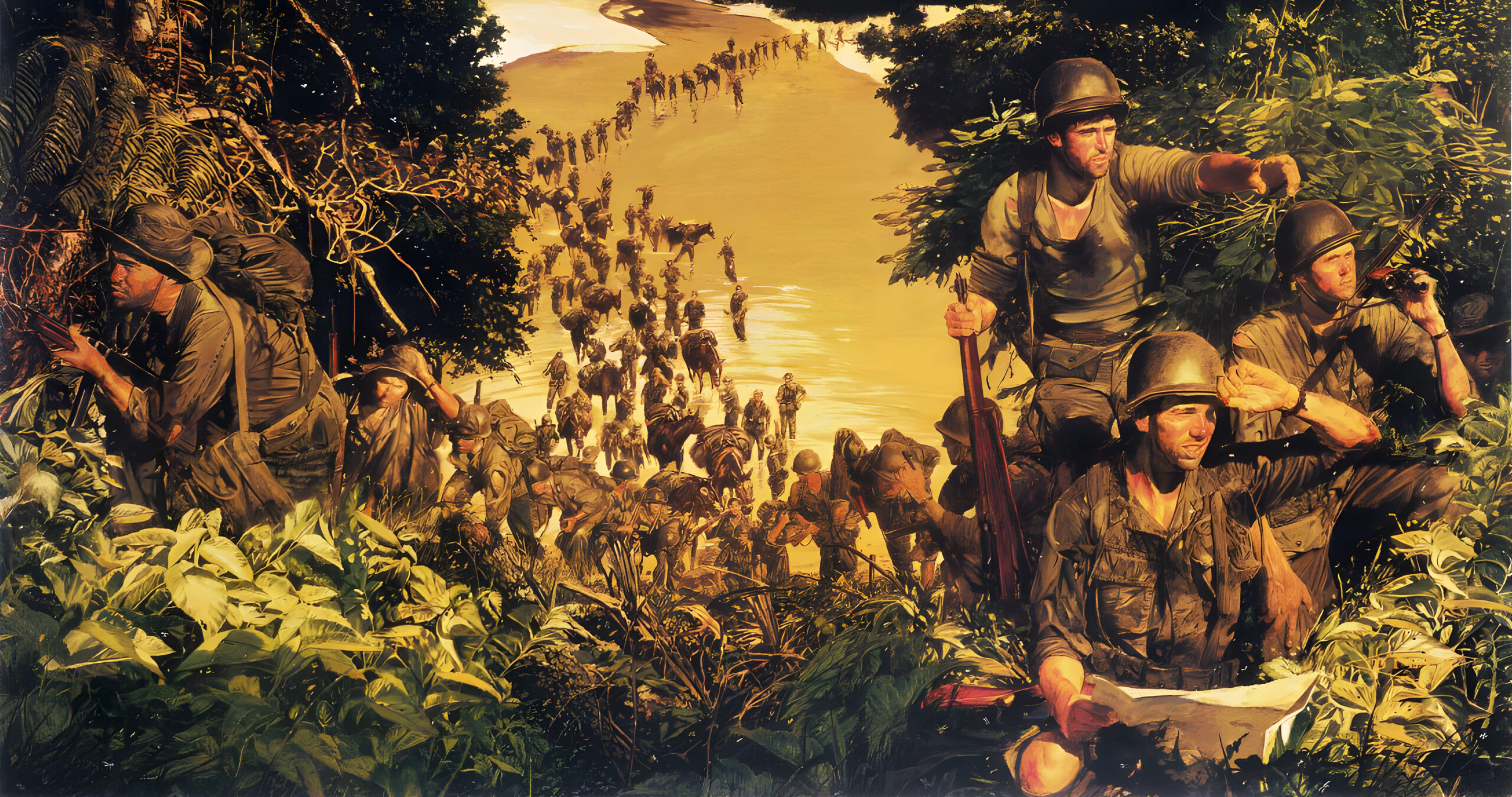
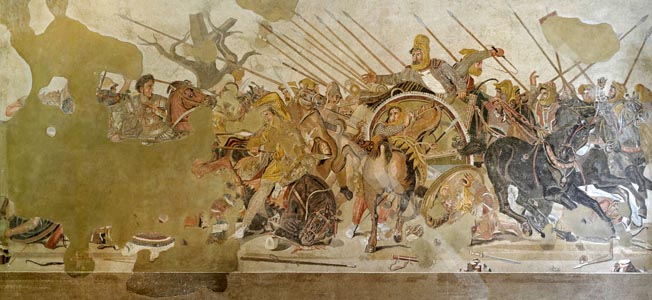
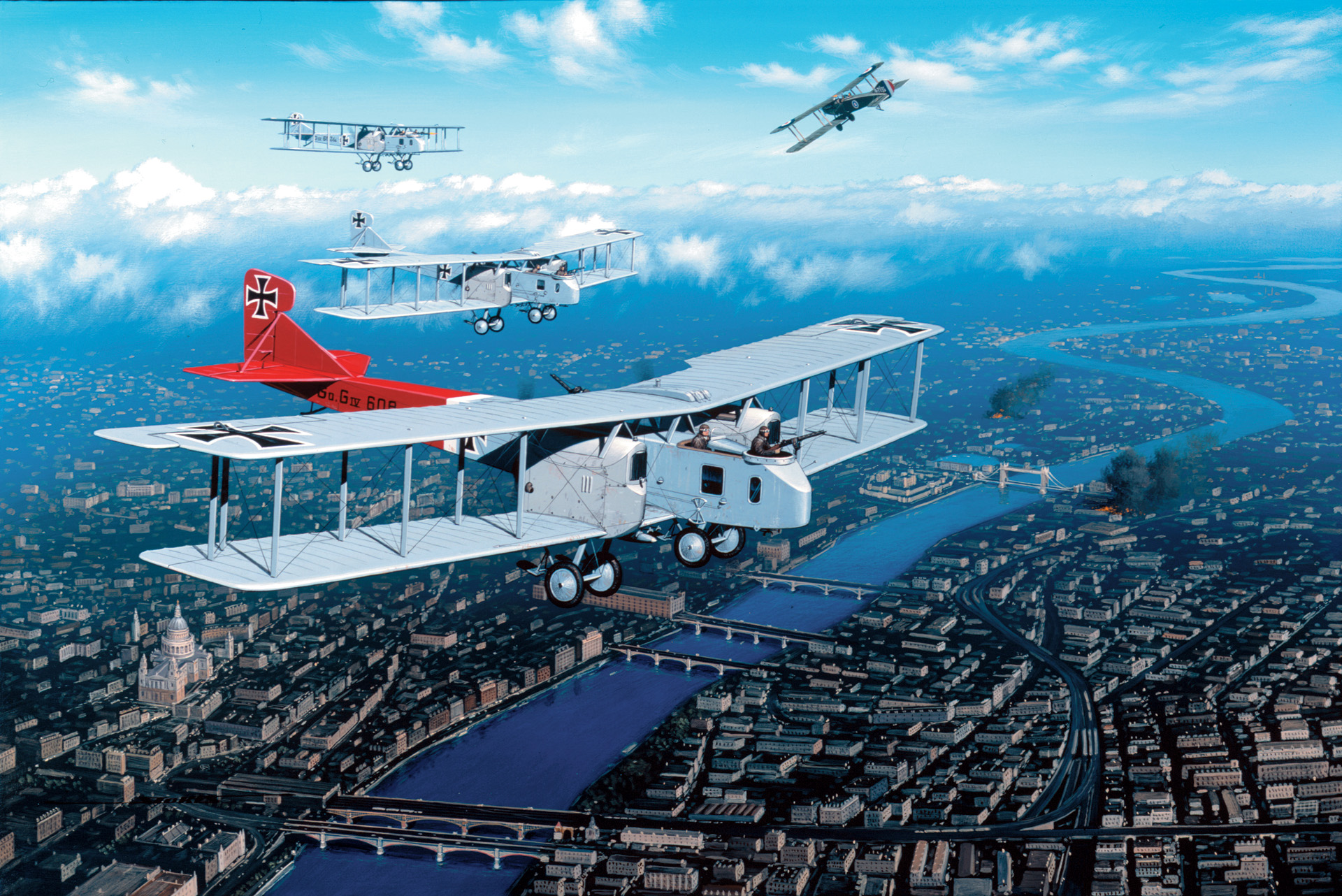
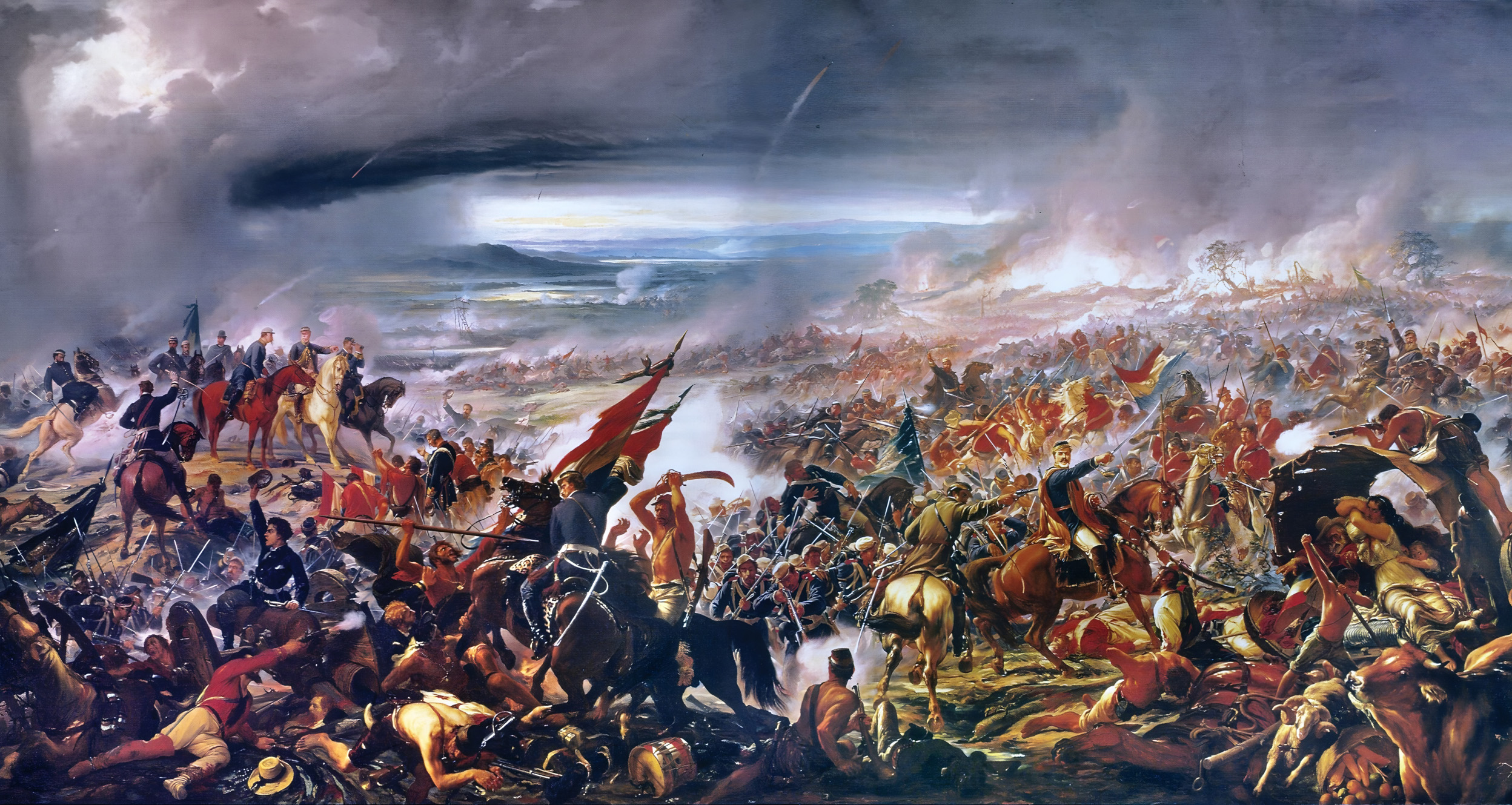
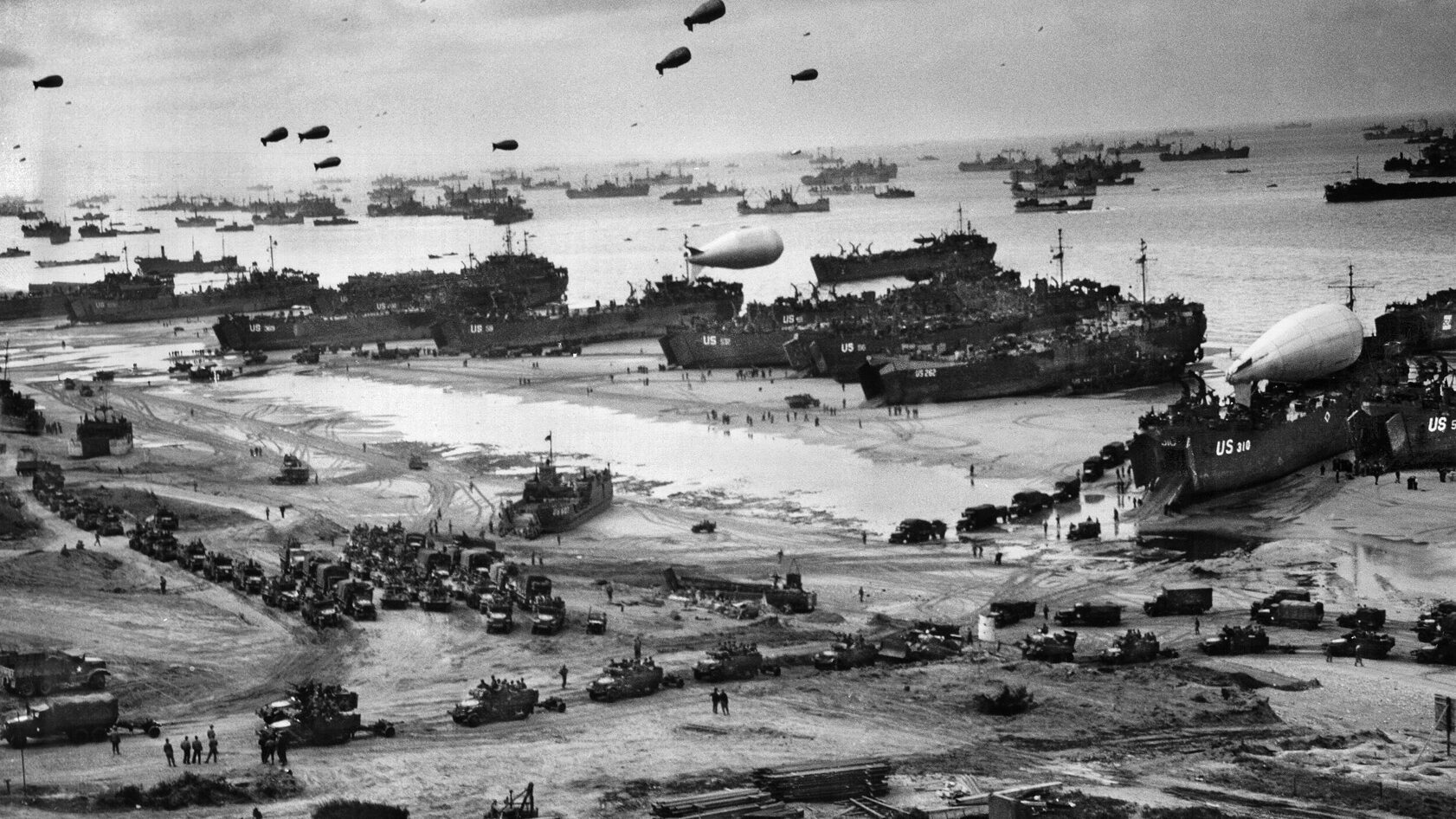
Join The Conversation
Comments